Queenswalk: The Palatial Home of the Tin-Horn Punk, Conclusion
We love our mobsters and bad boys in this society. Sure, we may hate their crimes, the murders and the violence, but as over a hundred years of American fascination with mobsters shows; we are fascinated with them. Newspaper stories, pulp magazines, novels, radio shows, began the trend. Then countless movies and television shows, and…

We love our mobsters and bad boys in this society. Sure, we may hate their crimes, the murders and the violence, but as over a hundred years of American fascination with mobsters shows; we are fascinated with them. Newspaper stories, pulp magazines, novels, radio shows, began the trend. Then countless movies and television shows, and finally video games all point to the continuing love of the mythology and methodology of organized crime. I’m sure studies have been done to explain this phenomenon. Maybe it’s the entrepreneurial spirit, maybe it was the daring of it all, but more than likely, it had a lot to do with fantasies about taking what you want, doing it with a band of brothers, and having a code of honor, not to mention all those guys with funny nicknames. You couldn’t be a real mobster without a funny nickname.
Gambling has always been a part of organized crime. Especially during economic hard times, the temptation to risk a little or a lot of money in order to strike it rich has been too strong for a lot of people; both the desperate and the risk-taker. While many people get caught up in cards and games of chance, in the 20th century, the big money was always in horse racing and later, sports gambling. The odds were determined, you laid down a bet with a neighborhood bookmaker, and you said a prayer. If your horse won, you could clean up. If it lost, and let’s face it, for most people, their horses lost, then the bookie kept your money, and you might even owe him more, if you didn’t play the odds right. If you didn’t pay up, there were consequences. Of course, either way you were hooked, and you kept playing.
For much of the 20th century, New York City’s king of the bookmakers was Frank A. Erickson. He succeeded because he was very good at what he did, and it didn’t hurt that he didn’t fit the stereotype of what the general public thought the King of Bookies should be. Unlike the mobsters in the news, he didn’t have a mobster name, he didn’t even look like a mobster. He was a genial and jolly fat man who looked like your Uncle Frank. In fact, he was known as Uncle Frank to all of the recipients of the charities he regularly gave to, and he was also Uncle Frank to the children of the famous mobsters whose parents counted Erickson as a friend.
From all accounts, Erickson may have hung out with mobsters, but he was his own man. He ran a huge gambling operation from his offices in Midtown Manhattan, and lived in luxury with his wife in a large medieval style suburban home in the exclusive Forest Hills community. Erikson’s house was one of only a few that lined a landscaped curving street in this upscale neighborhood. He was driven around in a chauffeured limousine, and looked like the classic Wall Street broker. In fact, as we learned last time, that’s what he told the courts he did, he was a broker. Ok, he made book on the side, but he was legit…more or less.
Mayor Fiorello LaGuardia wasn’t having it. On more than one occasion he told the press that it was his goal to kick Frank Erickson out of the city. He wanted to deport him; the only problem was that Erickson was born here. He called him a “tin-horn punk” and vowed that the court system would bring him down, but Erickson was too good. Nothing substantive stuck, and by 1939, they resorted to getting him for a couple of minor charges. But Erickson had better lawyers than LaGuardia did, and the convictions for perjury and vagrancy were overturned. So they kept trying.
In April of 1941, Erickson was at the exclusive New York Athletic Club, where he kept an apartment, when three gunmen gathered outside his door. Erickson and several other men were inside having a meeting. The local scuttlebutt was that Erickson had $100,000 in cash in the apartment. But as the men put their masks on, ready to break in, a chambermaid passed by, saw them, and screamed. She continued to scream as she hauled off and hit one of the gunmen.
They knocked her to the ground and fled as the men came running out of the room. The police gave chase, and trapped one of the men, who shot himself rather than be captured. The other two were also caught, and went to prison. Erickson was so grateful to the maid that he gave her a thousand dollar reward, a huge sum in 1941, and arranged for her to get $25 a month for the rest of her life.
The District Attorney’s office was looking into the rumor that a NYPD captain was one of the men at that meeting. A police captain had committed suicide the day after the robbery attempt, and it was thought that the dead captain had indeed been the man at the apartment. The DA’s office held hearings, and one of the people that testified was Milton F. Untermeyer, a very wealthy Wall Street broker who was also at the meeting. He testified that the police captain had been there.
Later that same year, Erickson was at Untermeyer’s secluded but enormous New Jersey country estate. At some point in the evening, an ambulance was called, as Untermeyer was injured. He was taken to the hospital with cuts on his face, and had to have twenty stitches. Erickson was arrested for assault and battery. When the case came to trial, Untermeyer told the court he couldn’t remember what had happened, and all of the drugs that the hospital had given him had confused him and fogged his memory. Two other witnesses to the alleged assault, a showgirl and a professional female tennis player, testified that Untermeyer had slipped and fallen down his marble stairs, and cut himself in the process. They said that Frank Erickson had nothing to do with it. He was once again acquitted.
Over the course of the next fifteen years, the courts went after Erickson time and again. He set himself up with a real estate business on Park Avenue, in Manhattan, and also owned a successful flower shop on Madison Avenue. He looked completely legit. But he had moved his bookmaking operation to New Jersey. In 1952, the state of New Jersey got him for breaking gambling laws in that state, and Frank Erickson finally went to prison for a while, spending 14 months in state prison. He had pleaded no contest at his trial.
When he got out, his legal battles were not over. He ended up going to Federal prison in 1953 for six months, convicted of Federal tax evasion. He paid hundreds of thousands of dollars in back taxes to both the Feds and the State. After he got out of prison, Erickson seemed to have been defeated. He was no longer in the news, and spent his days in his legit business concerns. At some point, he sold the Forest Hills house, and moved into his apartments at the Athletic Club.
By the 1960s, Erickson was now old, tired, and sick. He had bleeding ulcers and a heart condition. In March of 1968, the 72 year old Erickson went into the hospital for stomach surgery. He never left the hospital. He died before surgery; the cause of death was complications from the ulcers, which led to a fatal heart attack. The affable, but quite powerful and dangerous King of the Bookies, the tin-horn punk who made Mayor LaGuardia’s head explode, was now gone. Gambling would never again have such a stylish overlord.
(Photo: Bookmaking operation in 1930s. sfsu.edu.)
The Palatial Home, Part One
The Palatial Home, Part Two



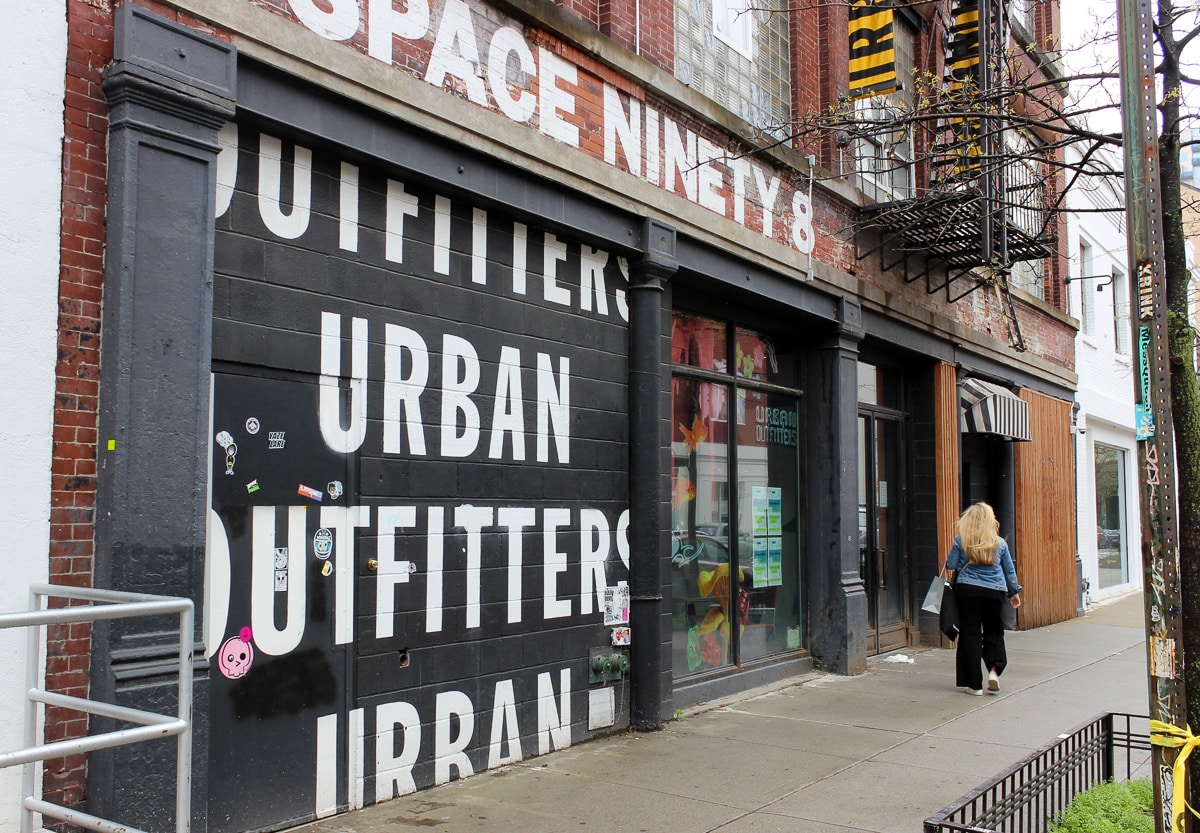

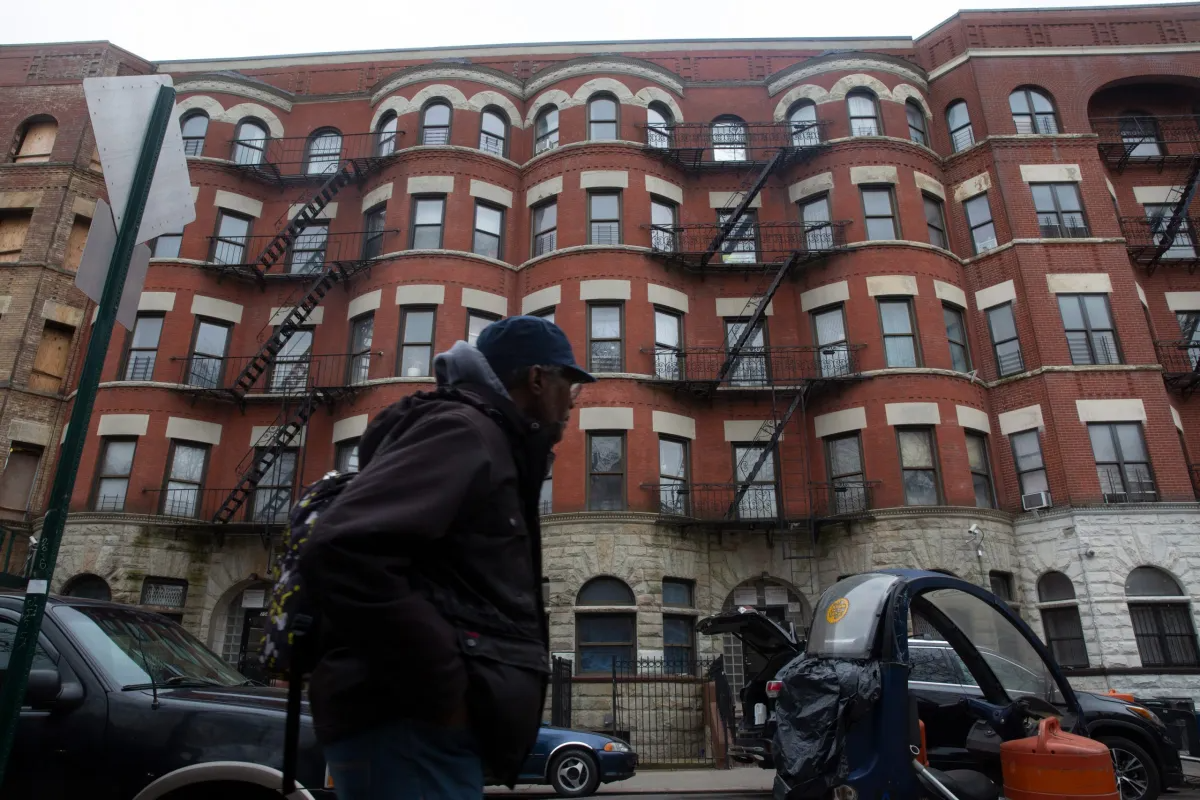
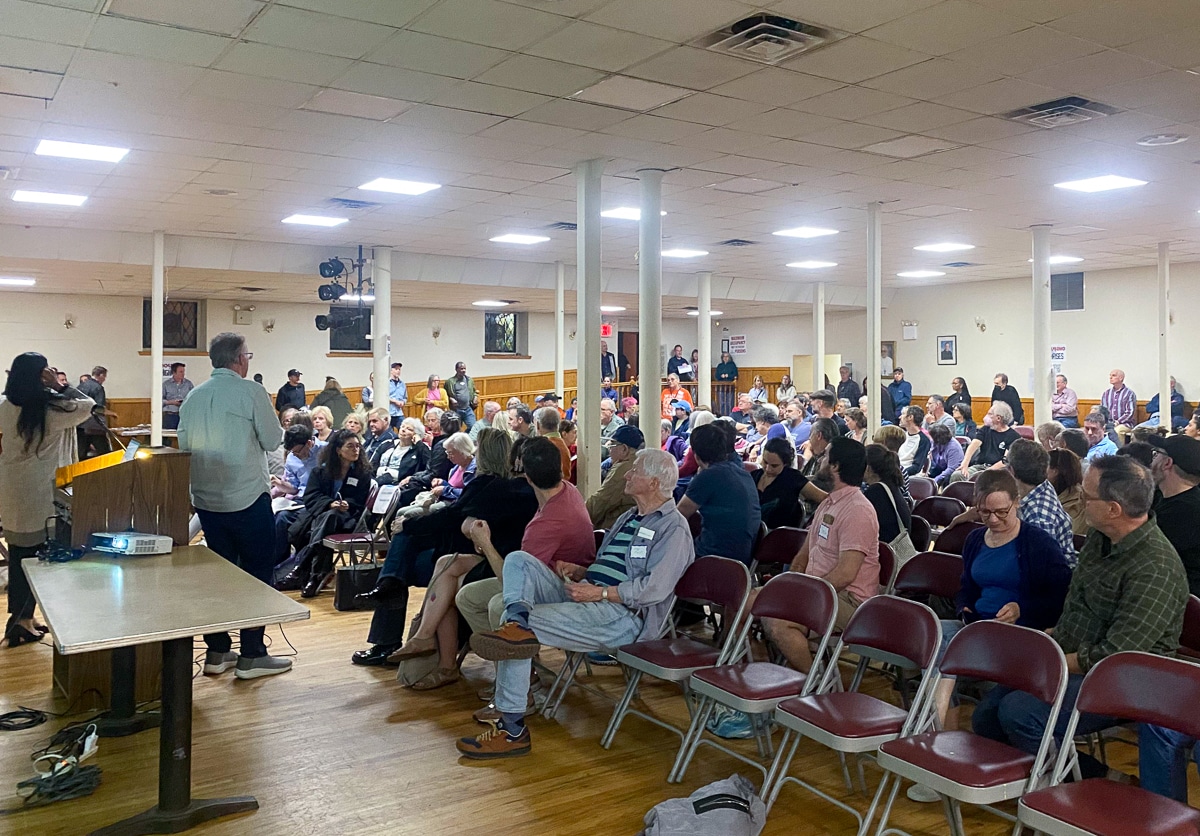


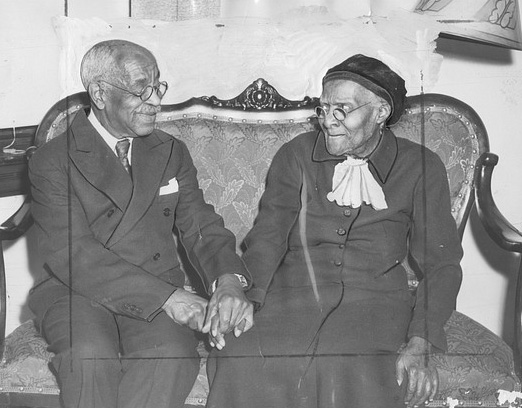
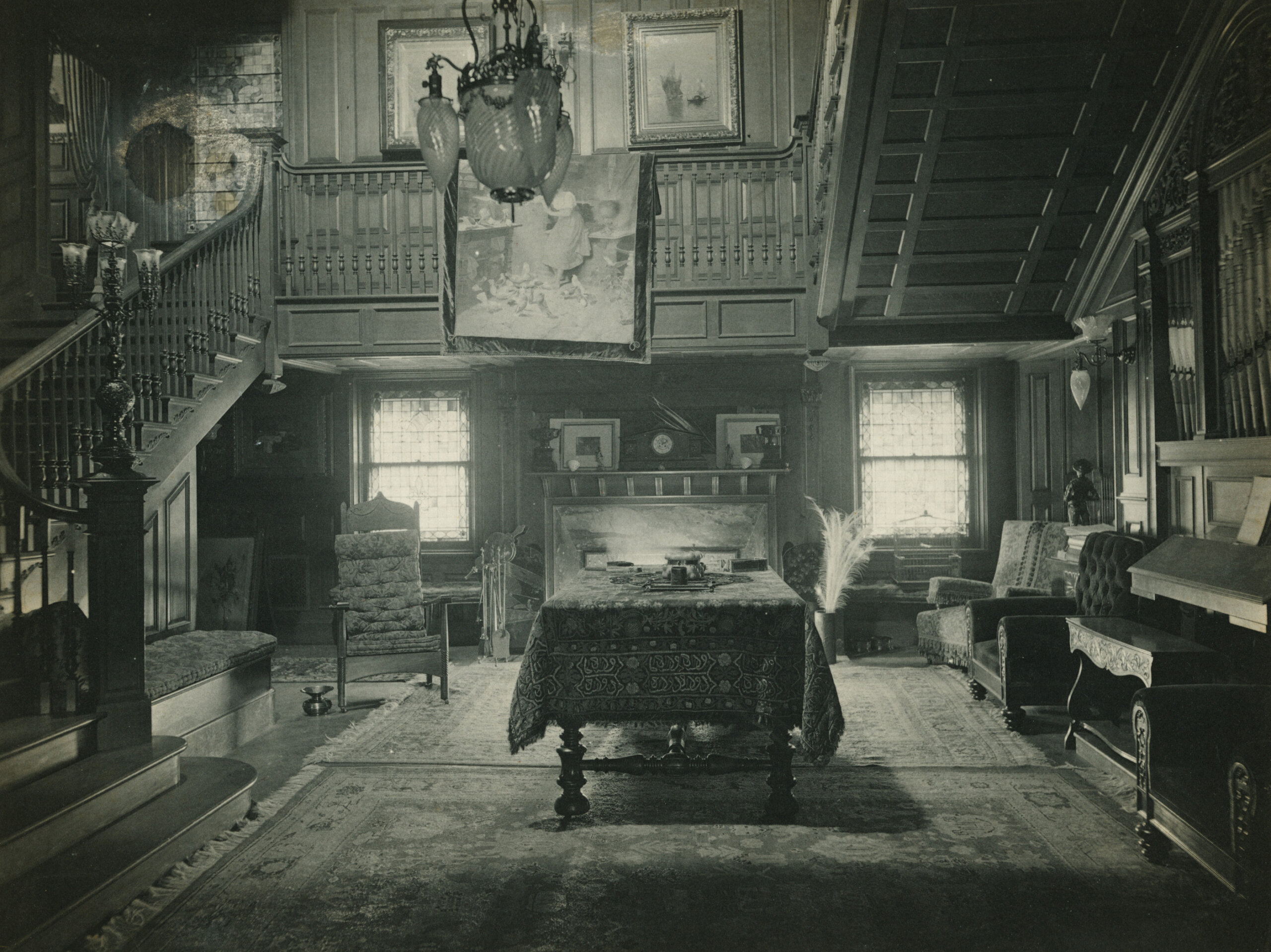
What's Your Take? Leave a Comment